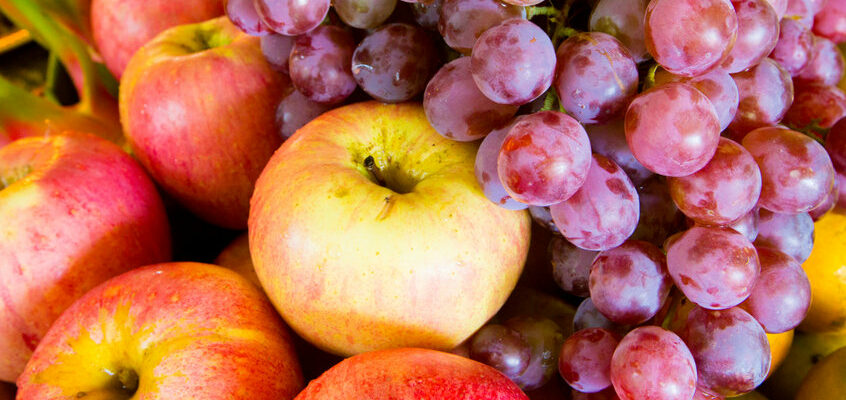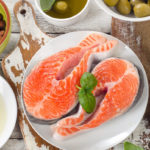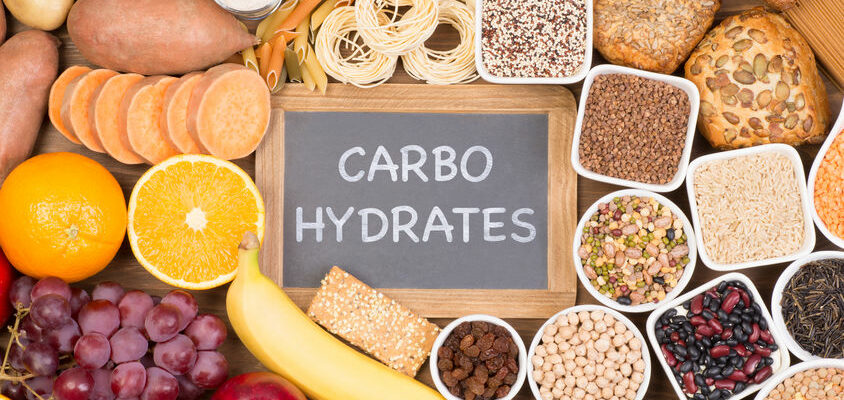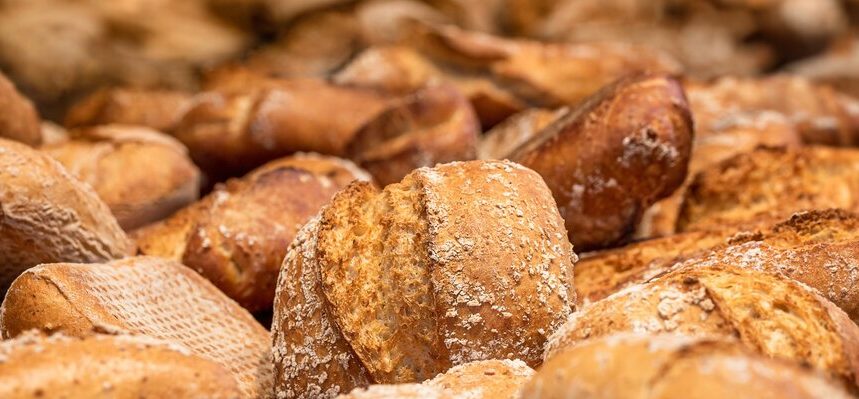
After a meal, our digestive system breaks food down to absorb their nutrients and feed the body. Certain foods, and the compounds present in them, can offer positive effects on both the brain and many organs in the body. Flavanols are one of several natural plant compounds that have been shown to benefit both the mind and body. Research shows that these compounds can help you feel good mentally, as well as physically. Find out more about flavanols and how they can improve your quality of life.
What are flavanols?
Also known as catechins, dihydroflavanols, and flavan-3-ol, these plant-derived compounds are one of the six classes¹ of flavonoids or polyphenols. Since flavonoids offer antioxidant effects, they can aid the body in warding off toxins from free radicals and environmental stressors. Flavanols occur naturally in fruits and vegetables, which already offer an array of healthful vitamins, minerals, and fiber.
Some of the better-known catechins are:
- Quercetin
- Rutin
- Taxifolin
- Fisetin
- Myricetin
- Epicatechin
- Kaempferol
However, the bioavailability of these flavanols depends not only on the type of food they are obtained from but also on how they are digested by the body.
Which foods contain flavanols?
The most common foods¹ that contain these compounds include:
| Foods that contain Flavonols |
|---|
| Apples |
| Grapes |
| Peaches |
| Blackberries |
| Raspberries |
| Tomatoes |
| Potatoes |
| Onions |
| Broccoli |
| Brussel Sprouts |
| Squash |
| Cucumbers |
| Lettuce |
| Spinach |
| Kale |
| Green Beans |
| Chocolate |
| Nuts |
| Vinegar |
| Green Tea |
| Red Wine |
Unsurprisingly, many of these foods are already known for their potential health benefits. The antioxidant effect of these foods, in conjunction with the nutrients they provide, can help keep individuals in good shape for years to come.
Potential health benefits
Recently, the focus on these compounds has turned to their promise of boosting brain function. A flavanol-rich diet² has been linked to less cognitive decline as individuals get older. One study even suggested that this type of diet could delay plaque development³, which leads to Alzheimer’s disease. Alongside its benefits for the mind, catechins have been shown to help protect against cardiovascular disease and high blood pressure⁴. Furthermore, on account of their antioxidative effects, flavanols are commonly associated with combating oxidative damage⁵ to cells, tissues, and biomolecules, including DNA, lipids, and proteins.
A note on bioavailability
While we encourage you to add flavanol-rich foods to your next shopping list, it’s important to understand the bioavailability of different catechins. Simply because you eat a large amount of a certain type of food, doesn’t mean your body is absorbing all its nutrients. When it comes to these compounds, there are variations in bioavailability, as shown by their concentrations in the blood’s plasma⁵. For instance, while the flavanols in dark chocolate are found in lower quantities in plasma, those from green tea are found in much higher quantities. All in all, it is in your best interest to consume various types of flavanol-rich foods to get the most out of their health benefits.
References
- Panche, A N, et al. “Flavonoids: An Overview.” Journal of Nutritional Science, Cambridge University Press, 29 Dec. 2016, www.ncbi.nlm.nih.gov/pmc/articles/PMC5465813/.
- “A Flavanol-Rich Diet May Increase Brain Function.” Harvard Health, Harvard Medical School, 1 Mar. 2021, www.health.harvard.edu/mind-and-mood/a-flavanol-rich-diet-may-increase-brain-function.
- Pa, Judy, and Adam Gazzaley. “Flavanol-Rich Food for Thought.” Nature Neuroscience, U.S. National Library of Medicine, Dec. 2014, www.ncbi.nlm.nih.gov/pmc/articles/PMC4370619/.
- Ottaviani, Javier I., et al. “Biomarker-Estimated Flavan-3-Ol Intake Is Associated with Lower Blood Pressure in Cross-Sectional Analysis in Epic Norfolk.” Nature News, Nature Publishing Group, 21 Oct. 2020, www.nature.com/articles/s41598-020-74863-7.
- Sies, Helmut, et al. “Protection by Flavanol-Rich Foods against Vascular Dysfunction and Oxidative Damage: 27th Hohenheim Consensus Conference.” OUP Academic, Oxford University Press, 2 Mar. 2012, academic.oup.com/advances/article/3/2/217/4557947
Ashuni Pérez is a writer in the culinary, as well as health and wellness industries. With a background in teaching and digital media, she loves to learn and help others discover more about their food, where it comes from, and how best to prepare it. A foodie through and through, she is always searching for new recipes and the freshest ingredients.











Leave A Comment